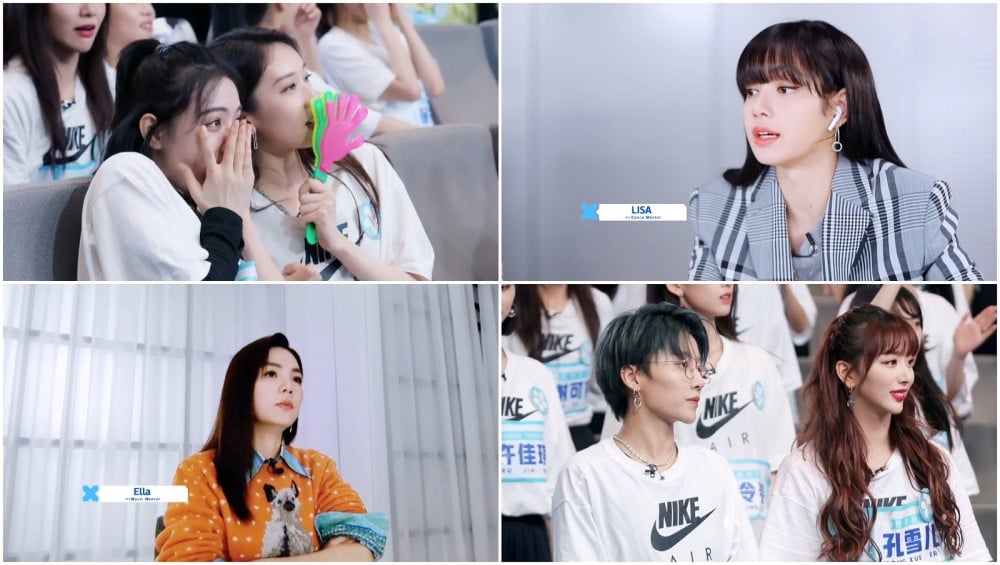

This serves both to consolidate and innovate UNESCO’s action on youth. As such, it responds to global youth needs and aspirations. It is guided in this by its Operational Strategy on Youth (2014-2021), which is the result of a long process of consultation, engaging young people and Member States. Recognizing the force, creativity, energy, know-how and capacities of young people, UNESCO prioritizes its work with and for youth across all its programmes. Don’t forget to sign up to the Online UNESCO Youth Community! Scroll down to discover more about UNESCO’s work on youth, including its Operational Strategy on Youth (2014-2021), the UNESCO Youth Forum process, and other news, events and opportunities to get involved in. To this end, UNESCO also encourages Youth Spaces aimed at empowering young people, fostering and supporting their action, promoting partnerships, and ensuring their recognition and visibility. We encourage engagement of youth in UNESCO’s action from design to implementation and follow-up, in their communities through the scaling up of youth-led initiatives, and in the policy agenda through the integration of youth concerns and issues. As such, context is always an important guide in UNESCO’s definition of youth. The experience of being young can vary substantially across the world, between countries and regions, and ‘youth’ is therefore often a fluid and changing category. However, this definition is flexible. According to the World Youth Report (2018), there are 1.2 billion young people aged 15 to 24 years, accounting for 16 per cent of the global population. The United Nations defines ‘youth’ as persons aged between 15 and 24. UNESCO has engaged with thousands of youths to create change through its fora, built solid youth networks, reached young people to work on peacebuilding and prevention of violent extremism, and is committed to empowering underprivileged youth by providing them with spaces to participate. UNESCO works with young people and is committed to accompany them to work together to drive social innovation and change, participate fully in the development of their societies, eradicate poverty and inequality, and foster a culture of peace. Youth have the creativity, the potential and the capacity to make change happen – for themselves, for their communities, and for the rest of the world.


Advancing the 2030 Sustainable Development Agenda.

Shi Mingze, Gu Landi, Ding Feijun, Xu Bingchao, and Hu Wenxuan debuted as the project group Desert5 on May 20, 2019.The final 9 contestants debuted as the project group UNINE on May 6, 2019.Like its predecessor, the show gathers 109 trainees form different entertainment agencies in China, where nine of them will be chosen by the public to form a new boy group.


 0 kommentar(er)
0 kommentar(er)
